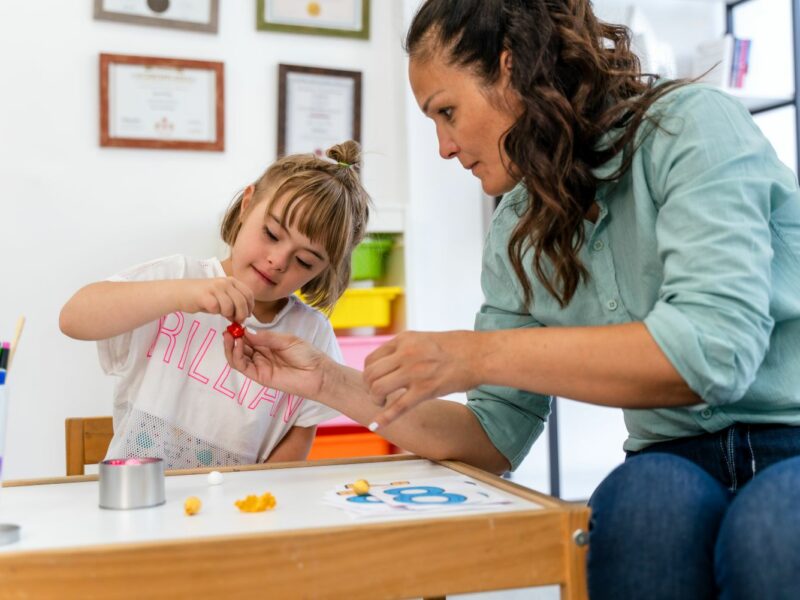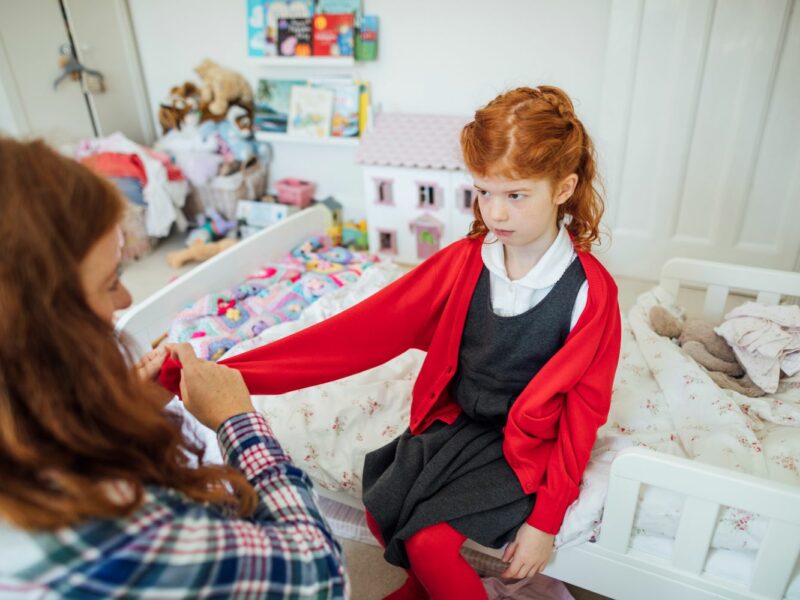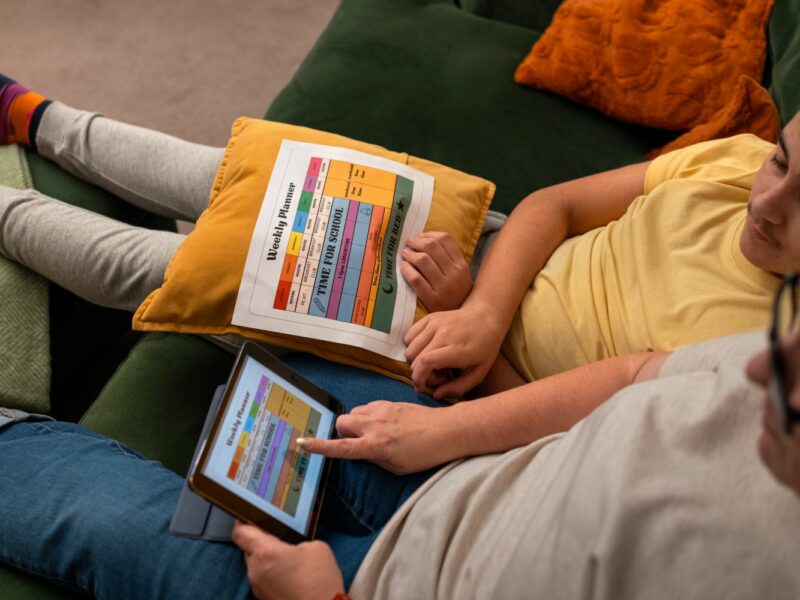Preparing for meetings
Support to help you prepare for meetings
If your child has special educational needs (SEN) or a disability, you may be invited to meetings about their support at school, in healthcare, or with other services. These meetings are important as they help ensure a child or young person receives the right support.
This information is designed to help you feel confident, prepared and informed.
Asking for a meeting
You don’t have to wait to be invited, you can asked for a meeting at any time if you feel one is needed. Ask yourself:
- what do I want to talk about?
- who do I need to talk to?
- how can I arrange the meeting?
- do I need any extra help to go?
You can contact professionals by phone, email or keyworker if you have one (they can plan the meeting for you).
Remember: If you need extra help such as an interpreter, or support with access, hearing, or sight, try to ask for it as early as possible so arrangements can be made
Here is an example email you can adapt:
Subject: Request for a meeting to discuss [child’s name]
Dear [contact person’s name],
I am writing to request a face-to-face meeting to discuss the support in place for my child, [Child’s Name].
I would like to talk about [brief reason — for example, recent concerns, progress, or changes in needs]. I feel that meeting in person would help us work together to understand what is working well and what might need to change.
Please let me know a suitable time and date. If possible, I would appreciate it if [name of person you’d like to attend] could be there.
If there are any documents or paperwork you plan to share at the meeting, please let me know in advance so I can prepare.
I will also need [mention any support you will need — for example, an interpreter or access arrangements], so please let me know if that can be arranged.
Thank you for your time. I look forward to hearing from you.
Kind regards,
[Your Full Name]
[Your Contact Details]
Who to contact

Depending on the concern, you might speak to:
- School-related issues: Class teacher, SENCO (Special Educational Needs Co-ordinator), Head of Year.
- Health concerns: GP, paediatrician, school nurse, or specialist health professional.
- Multiple services involved*: Keyworker or lead professional if you have one.
*If a child is supported by more than one service (i.e. school and speech and language therapy or CAMHS and social care) a joint meeting might be helpful. This is sometimes called a multi-agency meeting.
Getting organised
Being organised can help you feel more prepared and make meetings more productive.
Many parents and carers find it helpful to:
- keep a diary or journal to note concerns, progress and any conversations that they’ve had with professionals
- start a folder with copies of school reports and letters, medical documents, emails or letters from professionals and any letters or emails they have sent
- organise documents by date so they are easy to find when needed .
Preparing for the meeting

Once a meeting is arranged, take some time to prepare. You can:
- find out what the meeting is about – if you didn’t request the meeting, you can ask the person who arranged it what the meeting is for
- ask who will be there – you can ask for someone specific to be invited, if needed
- read reports – read through anything that was sent to you beforehand
- make a list – write down any questions, concerns and things you want to share.
If a child or young person wants to be involved, you can help them prepare too by asking what they’d like others to know or what they find difficult. Their voice is important.
You can take someone with you i.e. partner, friend or relative. They can take notes and help you remember what was said.
During the meeting
Meetings can sometimes feel fast paced or full of information. You can ask for things to be explained or take a moment to gather your thoughts.
You might want to ask:
- what support is my child receiving?
- is it written down in a support plan?
- is the support working? How do we know?
- what happens next?
Other useful questions could include:

- is my child on the SEN Register?
- do they have an individual support plan?
- what assessments have been done?
- how often is support given?
- are specialist services helping (e.g., psychologist, CAMHS)?
- how is progress measured?
- can I do anything to help at home?
- will the school request an EHC needs assessment?
Remember: These are just suggestions, ask what feels right for you and your child.
Before the meeting ends, it is helpful to make sure you are clear about what has been agreed. You should know what actions will be taken, by who and when they will happen.
If possible, agree on how progress will be reviewed and set a date for the next meeting or check-in. It is also a good idea to confirm who your main point of contact is and the best way to reach them (i.e. phone or email).
After the meeting
You can ask for a written summary or minutes, especially if there were actions agreed. Take time to go over what was discussed and follow up if anything is unclear or hasn’t been actioned.
It is helpful to update your diary or folder with notes from the meeting and any new documents you might receive.
If concerns continue
After the agreed review period, if you still have concerns you can:
- ask for another meeting to review progress or raise new concerns
- speak to the head teacher
- look at the complaints policy (usually available on their website).
Final thoughts
It’s completely normal to feel nervous before a meeting. Being prepared, asking for help and taking someone with you can make a big difference. You know your child best and your voice matters.



